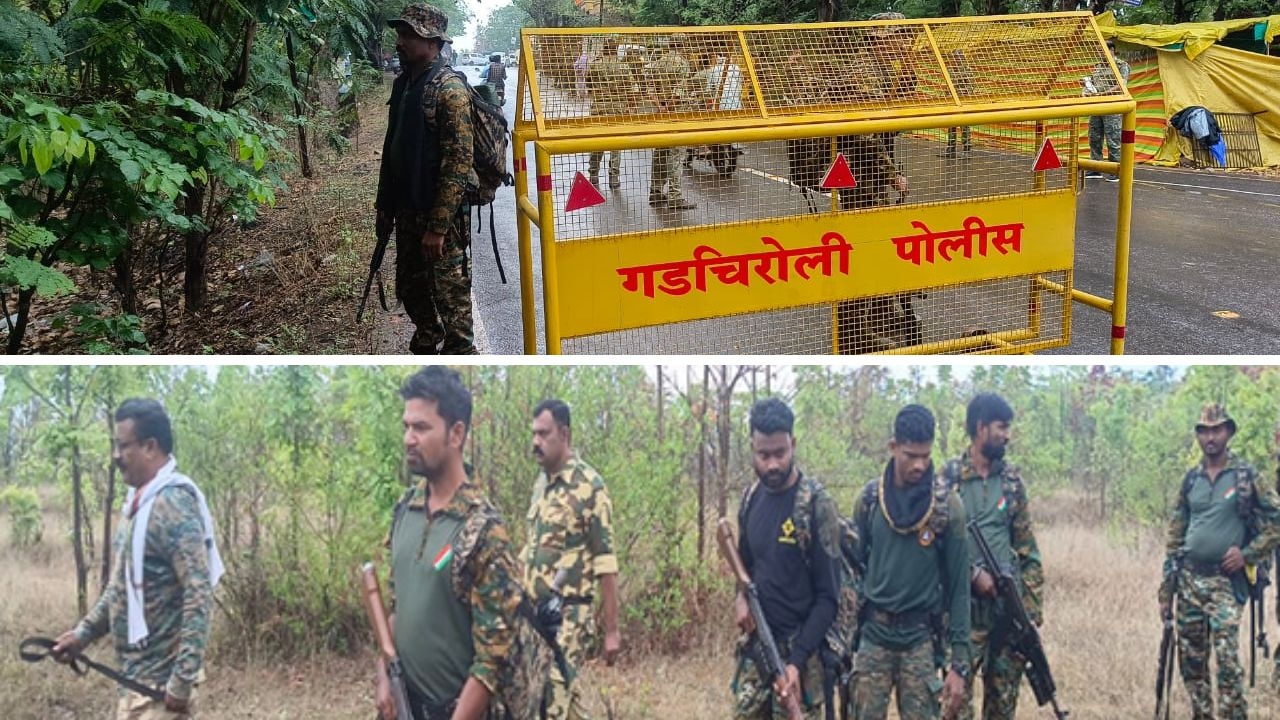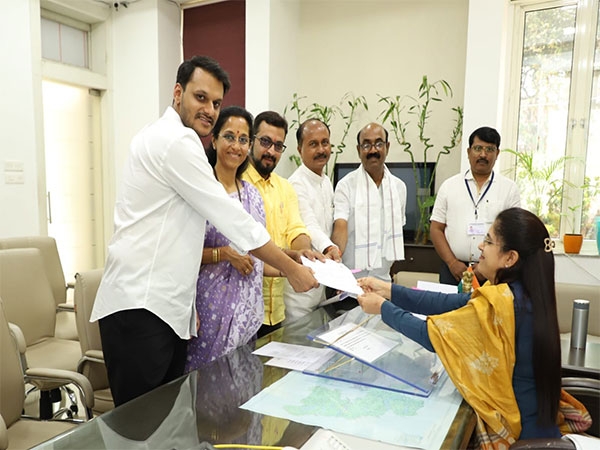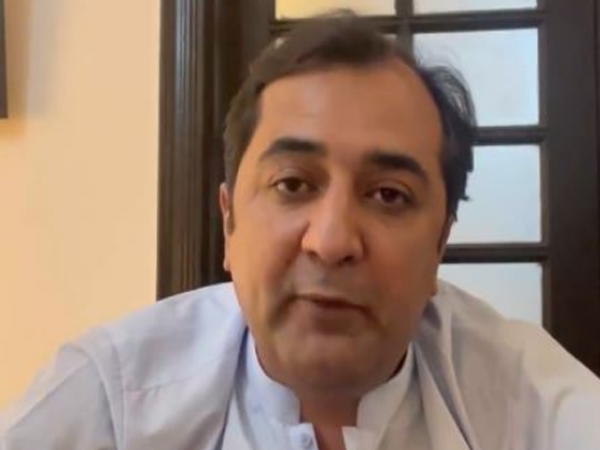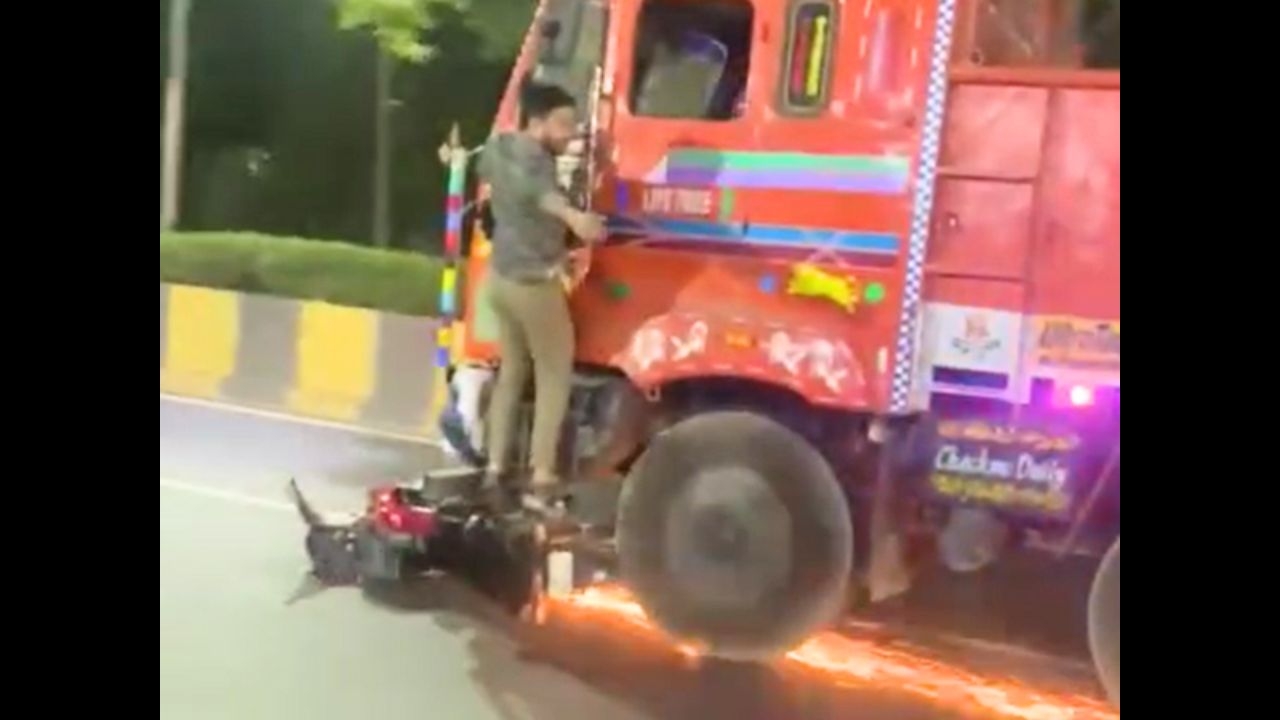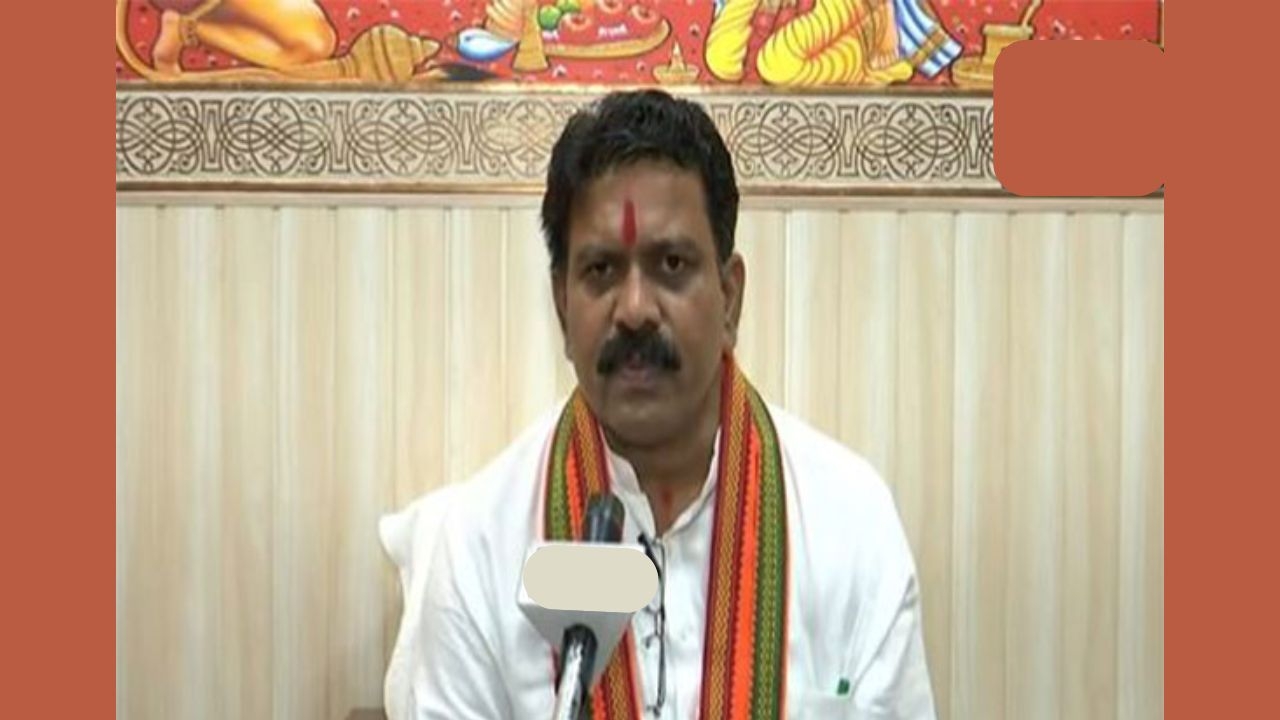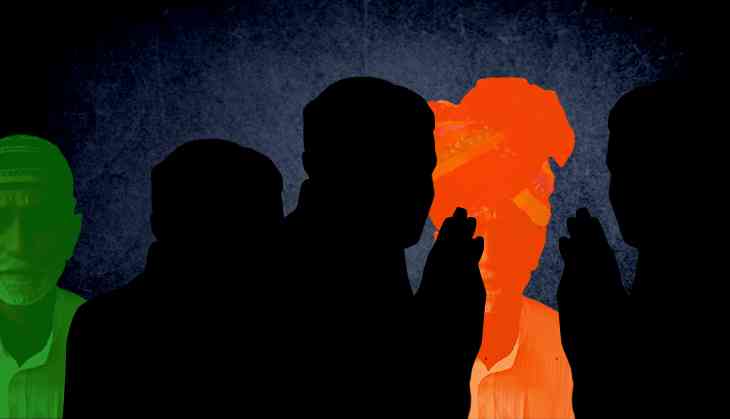
The 2017 Assembly polls in Gujarat have further alienated the Muslim community politically and it stands pushed further to the margins of the polity in the state. The Muslims were not a part of the campaign narrative of any of the parties and the community got only a token representation from the Congress in terms of candidature to fight the polls despite there being around 34 constituencies where their number stands over 15% of the total electorate. Its over-all presence in the state is around 10% of the population.
The community did not expect the Bharatiya Janata Party (BJP) to field any candidates and neither did the BJP count on their support as has been the case on the previous occasions.
According to reports appearing in the local media, there was a decline in polling by the Muslims by 3.58% falling from 72.17% in 2012 to 68.59% this time.
There are various explanations for the Muslims not finding a place in the poll narrative this time. While the BJP has been clear on 'non appeasement' of any community and has hence never fielded a Muslim candidate to play up its image of being a political force representing the interests of the majority Hindus, the Congress with its perceived 'secular' image also chose to stay clear of the community.
The Congress instead chose to play the 'soft Hindutva' card with its President Rahul Gandhi choosing to make temple hopping a major aspect of his poll campaign.
Despite the Congress' tallest leader Ahmed Patel coming from the state, the party chose to 'side line' the Muslims. Even when it came to campaigning, there was no other Muslim leader to be seen in the forefront despite the state having several major Muslim clusters in cities like Ahmedabad, Surat, Junagadh, Porbandar, Bhavnagar, Jamnagar, Kutch, Bharuch etc. where local leaders have a considerable following.
The fact that the Congress did not want to be seen as pro-Muslim can be gauged from the manner in which its leaders came forward to deny that Ahmed Patel would be their chief ministerial face in the state when posters to this effect had come up in several parts.
Although a large section of the Muslims who interacted with this reporter said that the Muslims remaining outside the poll narrative was a strategic move there were many, particularly amongst the youth, who were very angry.
“The Congress just takes us for granted. They know that the Muslims will have to vote for them under compulsion, and once elected, the MLAs never bother to show up in our localities. Can my Congress MLA, whom we elected the last time, tell us why we were deprived of benefits from his grants?” asked Nayeem of Qasba area of Dahod.
The residents of the Shah Alam locality of Ahmedabad have got used to not seeing their MLA after the poll results.
“Neither do they come for a door-to-door campaign. The Congress leaders know that they would get the majority of whatever votes are polled here while the BJP leaders at the most do a small road show on the arterial roads,” a resident pointed out.
The Muslims have also been pointing how they have been ignored by the administration.
“We are never considered for recruitment whenever there are job openings. The political representatives ensure that their men get the jobs even if they are class four jobs,” said Imran Pathan, a Muslim youth in Kapadvanj.
A stay for a couple of days in the Shah Alam locality of Ahmedabad provided insights to this reporter on how things have played out over the last several years. Ironically this is an area that neighbours Maninagar, the constituency represented by none other than Narendra Modi when he was the chief minister of the state.
The roads are in pitiable condition, the people are largely dependent on trust-run hospitals for health care no new educational or vocational institutions have come up. “They merged four old government schools into one near Bombay Hotel and keenly provided land for a Bus Rapid Transit System (BRTS) depot. This shows their priority,” said a local resident.
He further pointed how the Disturbed Areas Act that disallows the sale of property to members of other communities without permission to ostensibly check ghettoisation is actually being used to ensure that there is no spread of Muslim population while property prices remain high in the areas falling under the purview of the act.
The local residents explained how things have altered under the BJP rule but only for the worse.
“The bootlegging was earlier the domain of Muslim goons. The 2002 riots ensured that the trade fell into the hands of Hindu migrants who came to settle in the slums in these areas like Chandola. The BJP claims of an improvement in the law and order situation is a complete hogwash. The Muslim goons have not vanished but it has been ensured that they do not operate outside Muslim localities,” a resident added.
Another distinct character of the Muslim localities in the state is the high police penetration, particularly of the Crime Branch, in these areas.
“This is also a commentary on the prevailing political scenario as well as the political and economic backwardness of the community as the sales of charas and ganja continue to be generated from these areas,” said another resident.
In all, the Muslims have become pariahs of Gujarat politics like the Dalits who have till now been ignored because of their small numbers and scattered habitation. This time around no one talked of Muslims or their issues.
When a social activist had raised the issue in the presence of Rahul Gandhi of Muslims fearing for their safety at an event in Sanand, the latter mentioned in general that the Congress would provide a safe environment to all in Gujarat on forming the government.
The term 'Muslim' was never mentioned.
The only place where Muslims found a place in the poll narrative was in the hate speeches like those of BJP candidate Shailesh Mehta alias Sotta or when the spin was given to the poll campaign with references to historical characters like Alauddin Khilji and Mughal king Aurangzeb.



_92930_300x172.jpg)
_92878_300x172.jpg)
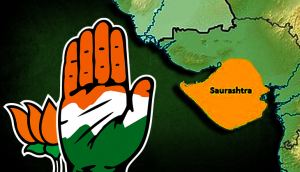
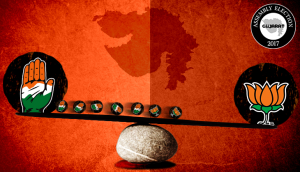
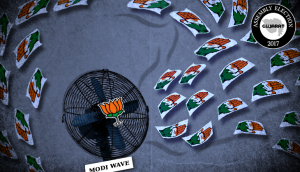
![BJP's Kapil Mishra recreates Shankar Mahadevan’s ‘Breathless’ song to highlight Delhi pollution [WATCH] BJP's Kapil Mishra recreates Shankar Mahadevan’s ‘Breathless’ song to highlight Delhi pollution [WATCH]](http://images.catchnews.com/upload/2022/11/03/kapil-mishra_240884_300x172.png)

![Anupam Kher shares pictures of his toned body on 67th birthday [MUST SEE] Anupam Kher shares pictures of his toned body on 67th birthday [MUST SEE]](http://images.catchnews.com/upload/2022/03/07/Anupam_kher_231145_300x172.jpg)


